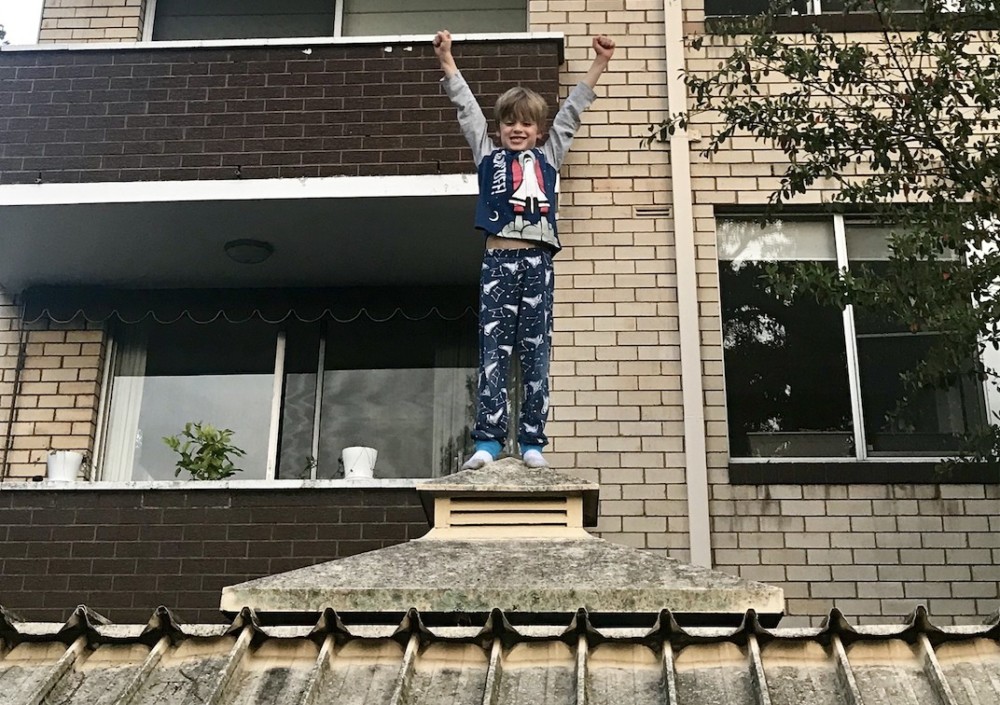Table of Contents Show
Searching for an apartment in NYC requires answering many questions, and when you add a kid or three to the mix, those questions begin to multiply. Is it a safe neighborhood for children? What is the school zone? Does your chosen building have any rules regarding children? These and more will help point you in the right direction for a new home and keep you clear of those areas to avoid. Whether you already have children or plan on having one in the future, you’ll need to be very specific about your needs and how they might change over the years. Here’s what you should consider when looking for a child-friendly apartment in NYC.
How secure are the windows and balconies?How secure are the windows and balconies?
By law, landlords in NYC must provide window safety bars for any household with a child under ten. That includes even first-floor apartments. When inspecting a residence, whether through a private showing or open house, note the condition of the window guards to see if they fit correctly. Also, if there’s a balcony, check that it’s stable and secure. If you’re unsure of anything, ask the listing agent.
How secure is the building?How secure is the building?
As well as checking the crime rate in the area, you should carefully evaluate how safe the building is. Check that the front door can be locked securely and whether or not there’s a 24-hour doorman. Make sure to ask about other entrances to the building. If there are, then who has access to them? Knowing the security and layout of a building will help you sleep better at night.
Are there any building rules regarding children?Are there any building rules regarding children?
The Fair Housing Act makes it illegal for any building to have rules that discriminate against you or your kids. But buildings can still have laws that will impact those with families. Most of these are public safety (not leaving strollers, bicycles, or tricycle’s in the hallways) or supervision (requiring any child under 12 to be supervised by an adult). However, some rules can be outright discriminatory, usually through poor wording choices. Know your rights and check this booklet by the National Multifamily Housing Council on the types of rules you might encounter.
What school zone are you inWhat school zone are you in
While there are options for non-zoned schools, you can still face tough choices depending on the local school. It’s worth putting some time into this and enquiring about the quality of the local school. Do parents like it? Do they allow their kids to walk home after school? Are there any parks nearby where your children can play? Your chosen school zone can mean the difference between your child attending a great school or one well below the average.
Does the building have children close to your child’s age?Does the building have children close to your child’s age?
Knowing that the building houses other families with young children can be a source of encouragement. It doesn’t just give you a neighbor you can bond with and a playmate for your child. Not to mention a potential babysitter when the need arises.
How thick are the walls and floors?How thick are the walls and floors?
Despite their small size, kids can cause quite a stir. If you don’t want to receive noise complaints from neighbors, test continually how thick the walls and floors are, or better yet, ask for a ground-floor apartment.
Will the apartment meet you’re changing needs?Will the apartment meet you’re changing needs?
What are your long-term plans? If you’re buying, you should expect to stay a minimum of five years. Your chosen apartment should meet your changing needs over the coming years. Your six-month-old daughter might not require much space now, but she’ll soon need her room. Then there’s all the space you’ll need to store everything that parenthood causes you to build up. Try to think as far ahead as possible and plan for a changing future.

